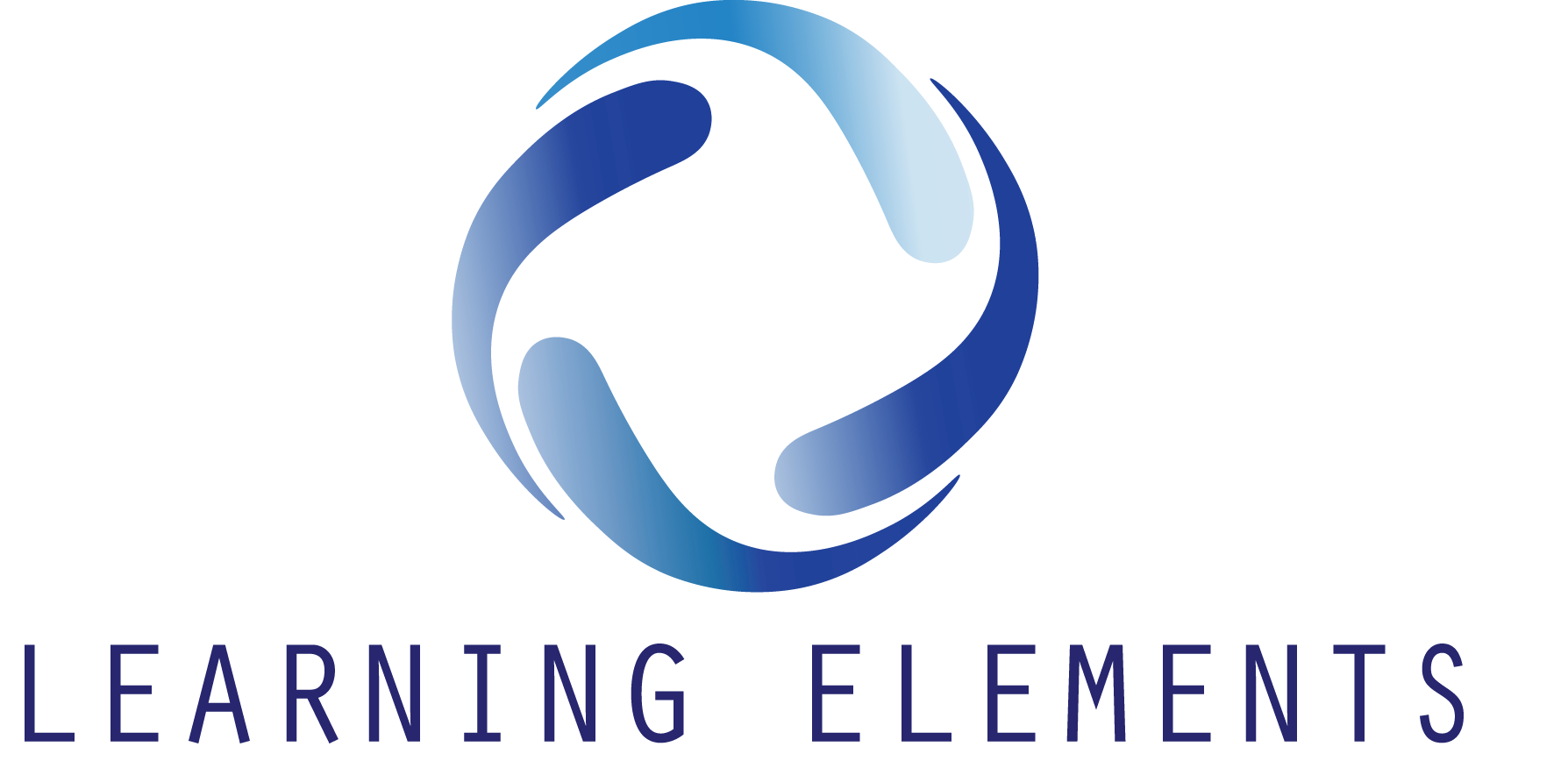Soft Skills vs Hard Skills
Expertise in the workplace comprises soft and hard skills. These abilities are essential to how you work independently and together in a team. Soft skills differ from hard skills and should be given the same level of priority as they are essential in the workplace. For example, you may believe you have strong communication skills, but this is a soft skill you’ve developed. You might take it for granted that you can easily use a customised tool at work. However, that’s a difficult skill you’ve worked hard to develop.
Moreover, combined soft and hard skills represent the talents you bring to the table. These skill sets are important and will make you an essential team member.
Importance of Skills
Developing your skill set takes time, just like anything worthwhile. Some of these abilities are acquired through employment; others can be ones where you are already skilled. You might even possess abilities that, until now, you hadn’t even considered to be specialised skills. Looking at a list of skills can be daunting, but try to tackle each one at a time. When in doubt, choose a new talent to pick up and concentrate on honing it for a while. Suppose you’re prepared to immediately continue and learn how to improve your status reporting, remote collaboration, or constructive feedback skills.
In the job, Soft skills and Hard skills are both crucial. Soft skills can be character attributes you have honed in interpersonal situations, such as good communication, dependability, or kindness. Using specific instruments, technology, or proficiencies, you may have mastered hard skills. Your workplace toolbox comprises soft skills and hard skills that work together to help you reach your objectives.
Difference Between Soft Skills and Hard Skills
SOFT SKILLS
Soft skills are social aptitudes that define how you function and relate to others. Such as being a team player or a strong communicator, are frequently acquired on the job or via regular contact with others. As a result, you might not even consider them to be abilities you have gained. Instead of being compared to talents, Soft skills are sometimes linked to personality qualities. However, doing so needs to include the bigger picture. Smooth talents are more closely related to personality traits than knowledge. As a result, they cover the personality features that determine how well one gets along with others and are typically a defined aspect of a person’s personality.
Employees with a potent blend of hard and soft skills frequently experience higher service demand in a competitive labour market. In actuality, these abilities form the basis of your ability to interact successfully in a professional setting.
Soft skills are not strongly linked to a particular course of study (primary) or work.
- Soft skills are frequently referred to as transferable talents since they may “transfer” across all disciplines and apply to all workplaces or vocations.
- They are the non-technical skills required for professional success.
- The term “transferable” may be used to describe soft abilities.
- They are more “people” skills of yours. Where the laws vary based on your coworkers’ cultures or your own.
- Soft skills are challenging to observe, categorize, or evaluate. They are frequently connected to a person’s behaviours and personality features.
Examples of Soft Skills
These skills include:
- Accountability
- Adaptability
- Attention to detail
- Collaboration Skills
- Communication skills
- Conflict resolution
- Creativity & Innovation
- Critical analysis
- Emotional quotient and Emotional Intelligence skills
- Empathy
- Flexibility
- Interpersonal Skills
- Leadership Skills
- Listening Skills
- Negotiation Skills
- People management Skills
- Problem-solving Skills
- Questioning Skills
- Sales Skills
- Strategic Thinking Skills
- Teamwork
- Time management Skills
- Work ethics
Start building your soft and hard skills with practical tools and structured learning tailored to your role — check out our courses or contact us directly.
HARD SKILLS
Hard skills are abilities for which you can receive specialised training. When you think about workplace abilities, you probably think of hard skills because they are more conventional. However, these abilities are frequently quantitative attributes you intentionally sought to develop. Depending on your position or level, hard skills may occasionally be job-specific. Depending on your role, tenure, and task, you will learn different hard skills. They are generally in the job description as necessary skills.
- You can pick up Hard skills.
- Hard skills are typically either in the job descriptions or ads.
- Most Hard skills are directly related to a particular course of study or occupation.
- Many sometimes call Hard skills “Discipline Related” or “Content Specific” in professional skills.
- Often, as required, they are the Technical Skills for professional success, like capabilities in math, biology, architecture, computer science, and pharmacy skills in graphic design, education, and also therapy.
- Most may acquire this in schools and via study – reading, and exams
- They might be simple to observe, count, and gauge. A direct route exists regarding how one would perform best at each problematic skill. One may enrol in accounting courses before studying advanced accounting topics, get experience through employment, and then take an exam to become a CPA.
- Hard skills are frequently transferable between professions, industries, potential scenarios, and individuals.
Examples of Hard Skills
There is an infinite number of challenging skills. However, the following are a handful.
- Composing and editing
- Management of marketing campaigns
- Optimisation of search engines (SEO)
- Programming languages (Python, HTML, C++, JavaScript)
- Maintaining Servers
- Enterprise Analytics
- Data visualization & analysis
- Analysis and management of risks
- Market research & analysis
- Bookkeeping & reporting
- Account management
- Information administration
- Network security
- Service level agreements (SLAs)
- Knowledge of multiple languages
- Project administration
- Google Analytics or Salesforce
Conclusion
Workers acquire hard skills through formal education, training courses, and focused effort. Hard skills are the quantitative abilities employees need to carry out a particular profession. Before recruiting, employers frequently test or assess a candidate’s Hard skills.
Computer programming, writing, web development, as well as graphic design are a few examples of hard skills. Some hard skills are in higher demand than others; therefore, businesses may need to use headhunters or recruitment firms to fill positions requiring specialised knowledge. While some employment requires Hard skills, more and more employers are looking for candidates with specific soft skills. It is so that a company may train a new employee more efficiently in a hard talent, like how to operate a particular computer software, rather than a soft skill, like patience.
What’s more?
When applying for jobs, highlight your hard and Soft skills because they are both crucial. With this strategy, you can also emphasise a specific soft skill you know will benefit the work. Even if you lack the complex expertise the company seeks. For instance, if the position requires you to work on various group projects, emphasise your communication skills, experience, and aptitude as a team player.
Many learned hard skills as quantifiable abilities through formal education, practice, and also training. Furthermore, employers require these skills to complete a particular task or career. Soft skills are social and also behavioural abilities that affect how well a person can deal with people and situations. While soft skills may change and improve over time, hard skills may also be gained and honed. For instance, a doctor needs empathy, understanding, active listening, and a courteous bedside manner. As an alternative, a doctor must have a broad awareness of diseases. Also, he should be able to decipher test results and symptoms and have a solid grasp of anatomy and physiology.


